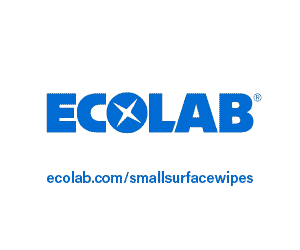Almac Group, the global contract development and manufacturing organisation (CDMO), has announced the successful MHRA registration of its high throughput GMP peptide manufacturing facility.
Based at the Technopole campus near Edinburgh, Scotland, the plant manufactures neoantigen derived peptides for use in the production of patient-specific, individualised cancer vaccines.
Speed is critical within this therapeutic context as the entire supply chain is focused on minimising “needle to needle” time – i.e. the time between the initial patient biopsy and the ultimate vaccine administration.
Almac Sciences’ experts have been associated with the individualised cancer vaccine field for several years. Its facility and systems have been set up to enable fully GMP compliant manufacture and release of 20-30 GMP peptides within less than three weeks.
Almac has manufactured multiple high throughput batches of neoantigen derived peptides –branded by Almac as NeoPeptides - for compassionate use treatments, and for P-I clinical trials, from its Edinburgh facility.
Over the course of the past ten months, the facility has been upgraded and segregated to enable GMP supply. A bespoke pharmaceutical quality system has been designed and implemented to enable high speed, fully compliant GMP manufacture.
The systems have now been tested through a number of Pivotal Engineering Runs and have demonstrated robust performance and the ability to consistently achieve the less than three weeks peptide manufacturing target. GMP supply is expected to commence in the third quarter of 2018.
Dr Charles Shields, VP Peptides and Small Molecule API, Almac Sciences, commented: “Almac is very excited to be at the leading edge of this revolutionary approach to immuno-oncology. The systems and capabilities we have established are world leading, but our vision goes beyond today’s performance and we already have clear plans for how to deliver higher capacity and faster manufacturing rates.”
Neoantigen derived vaccines have become a major new strategy within oncology as researchers look to harness the body’s own immune system to fight cancer. The treatment platform is completely individualised. A patient’s tumour is biopsied and genetically sequenced to identify the epitope mutations which are present within the patient’s cancer.
These neoepitopes are completely unique to that patient and their tumour. The neoepitopes are then replicated within a series of peptides – typically 10-30.




